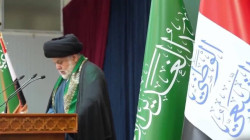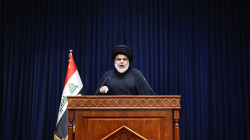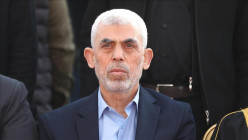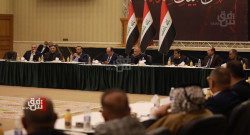Al-Sadr: Iran is not behind my withdrawal from the political process
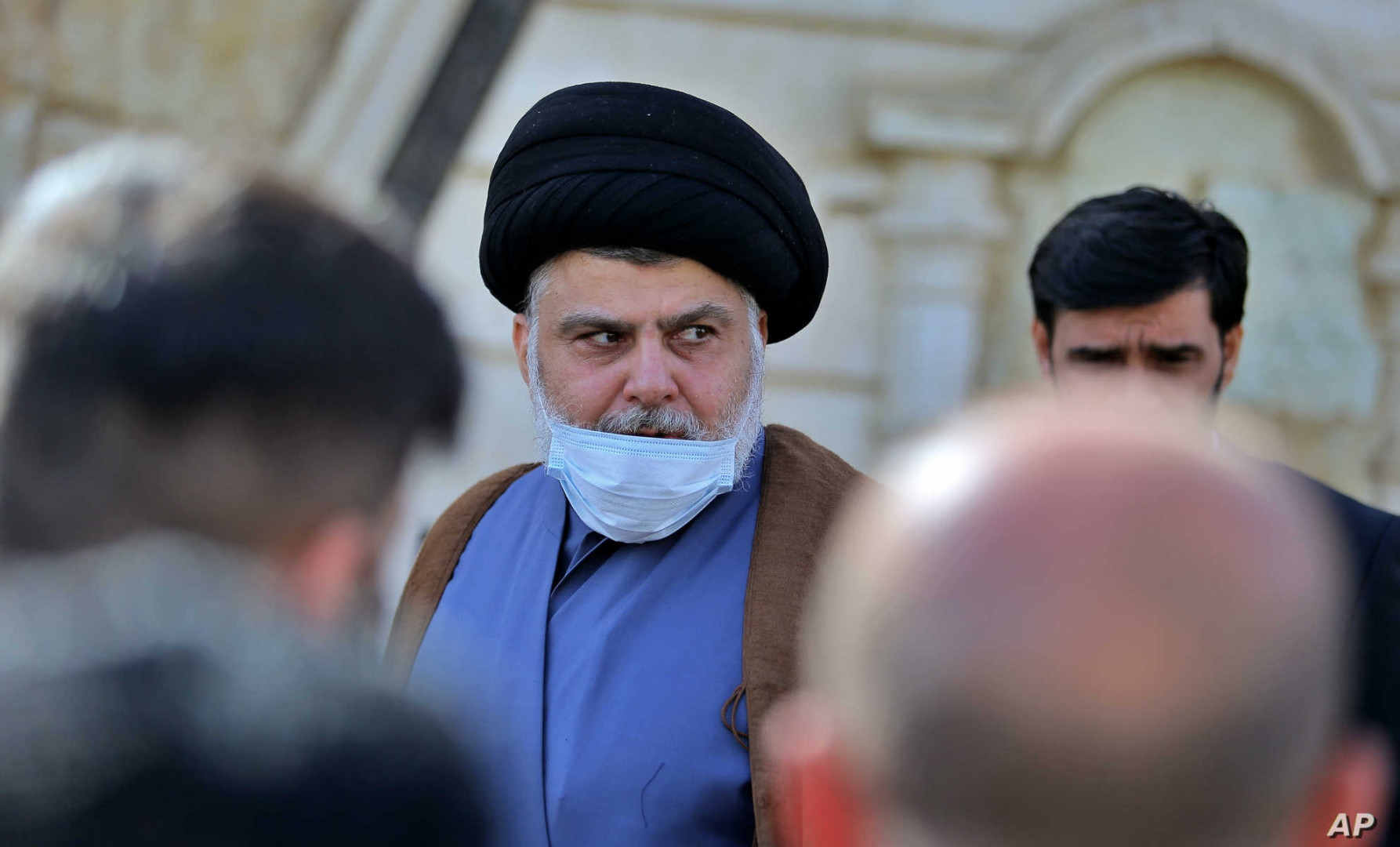
Shafaq News / On Wednesday, the leader of the Sadrist movement, Muqtada al-Sadr, denied that Iran was behind his withdrawal from the political process and the resignation of his lawmakers from Parliament.
"Iran did not exercise any pressure this time on any Shiite party, and what is rumored that the reason for the withdrawal was an Iranian threat is a lie, and it is not true," Al-Sadr said.
"but some of so-called Iran's arms in Iraq are making political violations against the Iraqi judiciary and turning it in their favor."
"Pressure is also being exerted on non-Shiite political blocs and independent deputies before tomorrow's parliament session."
The Iraqi Parliament decided to hold a special session on Thursday, June 23, to discuss the resignation of Al-Sadr's deputies and choose the new lawmakers.
Al-Sadr called on the political blocs to "take a brave stance to reform and save the country and not go along with sectarian pressures, as it is like a bubble that will quickly disappear."
The influential Shi'ite cleric Muqtada al-Sadr asked lawmakers from the Sadrist bloc in Iraq's Parliament to resign amid a prolonged stalemate over forming a government.
Muqtada Al-Sadr considered his decision a "sacrifice from me for the country and the people to rid them of the unknown destiny, as we did earlier to liberate Iraq and its sovereignty, security, unity, and stability."
A source explained to Shafaq News Agency that "preliminary information indicates that the 73 parliamentary seats of Al-Sadr's deputies will be distributed as follows: The State of Law Coalition (led by Nuri Al-Maliki) will have 40-41 deputies, the Al-Fateh Alliance (Led by Had Al-Ameri), 44 deputies, the State Forces Alliance (led by Ammar Al-Hakim and Haidar Al-Abadi) will get 15 deputies, and the Imtidad Movement (independents), 17 deputies."
All but Imtidad Movement are parts of the Framework.

